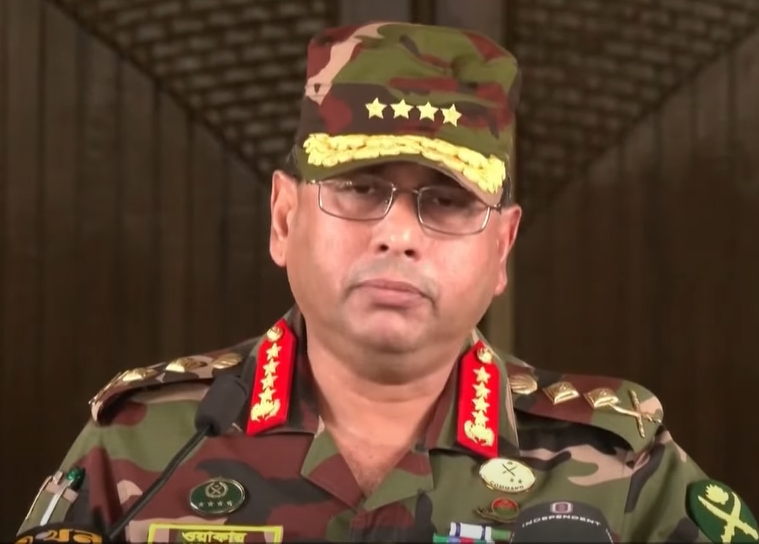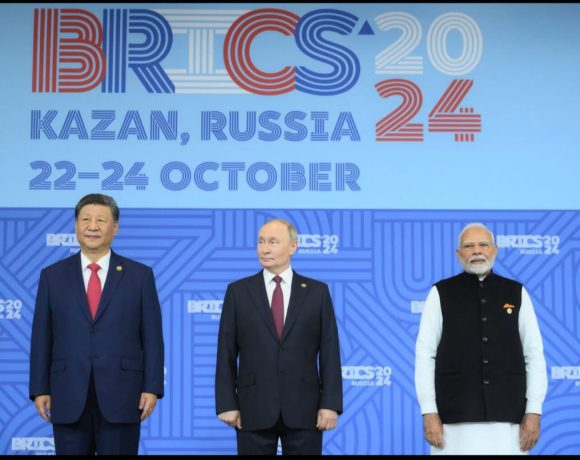
Bangladesh Army Chief Demands December Elections Amid Rift
In a significant development, Bangladesh’s Army Chief, General Waker-Uz-Zaman, has called for national elections to be held by December 2025. Addressing senior officers at the Dhaka cantonment, General Zaman emphasized the urgency of restoring an elected government, stating, “The country’s future should be decided by its elected representatives, not by an unelected interim regime.”
His remarks come at a crucial time when the interim government, led by Nobel laureate Muhammad Yunus, has failed to provide a definitive electoral roadmap since taking charge after Prime Minister Sheikh Hasina was forced to resign following mass protests in August 2024. While Yunus has floated a possible election timeline ranging from December 2025 to June 2026, the lack of a firm date has only deepened the crisis of confidence.
Interim Government
The military’s discontent with the interim government appears to be growing on multiple fronts. A proposed humanitarian corridor to Myanmar’s Rakhine state—aimed at assisting Rohingya refugees—has emerged as a major flashpoint. The Army Chief has questioned the legitimacy of such major policy moves without parliamentary oversight. “These decisions must be ratified by an elected government with a constitutional mandate,” he reportedly told close aides.
Further tensions have erupted over the appointment of Khalilur Rahman as National Security Adviser. His reported proximity to foreign strategic interests has raised alarms within military ranks, with several officers privately questioning his influence on Yunus’s administration. The absence of transparency and increasing reliance on external advice have only fueled military apprehension.
Military Rift
Signs of the rift are increasingly visible. Authorities have imposed a ban on political gatherings near Sena Niwas—the official residence of the Army Chief—citing intelligence inputs about Islamist factions attempting to capitalize on student-led movements in favor of Yunus. Moreover, General Zaman’s scheduled visit to the United States was abruptly canceled, which insiders believe was prompted by internal policy disagreements.
In his address, the General stressed the army’s core responsibility to safeguard national sovereignty, stating, “We will not endorse or support any activity that undermines the integrity of the Republic.” He also voiced concern over the interim government’s alleged willingness to hand over operations of the Chattogram port’s New Mooring Container Terminal to foreign firms—again arguing such decisions should be left to an elected government.
As the standoff between the military and the interim setup intensifies, General Zaman’s call for elections by December may mark a turning point. With questions looming over governance legitimacy, institutional credibility, and national interest, Bangladesh finds itself at a democratic crossroads. The next few months could well determine the course of its constitutional order.


















